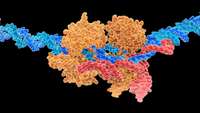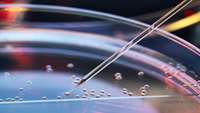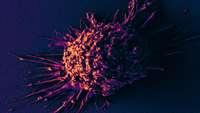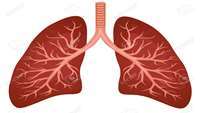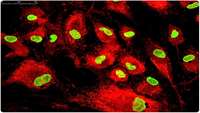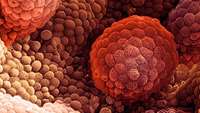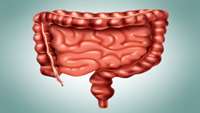Stem cells implanted into the brain stop epilepsy seizures in rats
For people with severe epilepsy, no medication is effective – but a radical approach of implanting stem cells into the brain could stop seizures at their source.
Multiplexed genome engineering by Cas12a and CRISPR arrays encoded on single transcripts
The ability to modify multiple genetic elements simultaneously would help to elucidate and control the gene interactions and networks underlying complex cellular functions. However, current genome engineering technologies are limited in both the number and the type of perturbations that can be performed simultaneously.
Heart-specific Laminin Isoform Aids Cardiovascular Progenitor Generation for Cardiac Therapy
Researchers from the laboratory of Karl Tryggvason (Karolinska Institute, Stockholm, Sweden) have previously reported on the generation and characterization of basement membrane laminin isoforms that can promote stem cell differentiation in vitro [1-3].
Extracellular Vesicle‐Educated Macrophages Promote Early Achilles Tendon Healing
Tendon healing follows a complex series of coordinated events, which ultimately produces a mechanically inferior tissue more scar‐like than native tendon. More regenerative healing occurs when anti‐inflammatory M2 macrophages play a more dominant role.
Researchers use gene editing with CRISPR to treat lethal lung diseases before birth
Using CRISPR gene editing, a team from Penn Medicine and Childrens Hospital of Philadelphia (CHOP) have thwarted a lethal lung disease, in an animal model, in which a harmful mutation causes death within hours after birth. This proof-of-concept study, published in Science Translational Medicine this week, showed that in utero editing could be a promising new approach for treating lung diseases before birth.
Stem-cell based therapy for type 2 diabetes and obesity
An article published in Experimental Biology and Medicine details a new therapeutic strategy for obesity and type 2 diabetes. The study, led by Dr. Bing Wang, Professor in the Department of General Surgery at Shanghai Ninth Peoples Hospital and Shanghai Jiao Tong University School of Medicine in Shanghai, China, reports that transplantation of adipose tissue-derived mesenchymal stem cells improves metabolic balance and reduces inflammation in an animal model.
A small Tampa company is working on a big breakthrough: a cancer vaccine
Tampa scientists Michael and Patricia Lawman imagine a day when cancer could be treated with a single needle prick and no debilitating side effects. And they see it coming sooner rather than later.
Killing the unkillable cancer cells
Countless people are affected by the battle against cancer. Modern treatments can be quite efficient at shrinking the tumor, but too often, they cant kill all the cells, and the cancer may return. With some aggressive types of cancer, the problem is so great that there is very little that can be done for the patients.
Tissue engineering: The big picture on growing small intestines
Some premature babies are born with severely underdeveloped gastrointestinal tracts or can develop diseases like necrotizing enterocolitis, which attacks the intestines. In severe cases, surgical removal of the affected bowels (intestines) must be performed. This can have dire consequences.
Awakening stem cells to unlock the brains regenerative potential
The human body has powerful healing abilities. But treating brain disorders is no easy task, as brain cells—neurons—have limited ability to regenerate. Nonetheless, stem cells are a form of natural backup, a vestige of our days as still-developing embryos.



